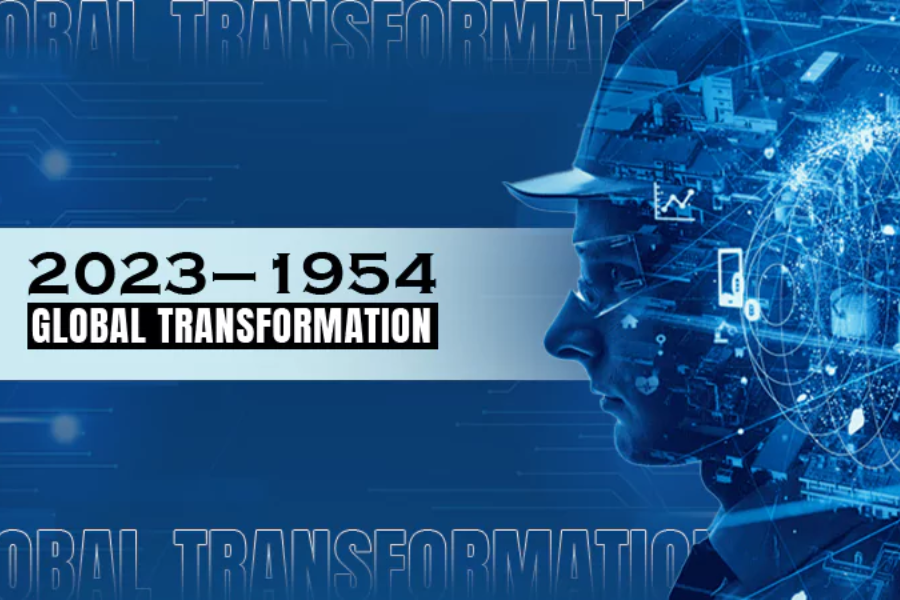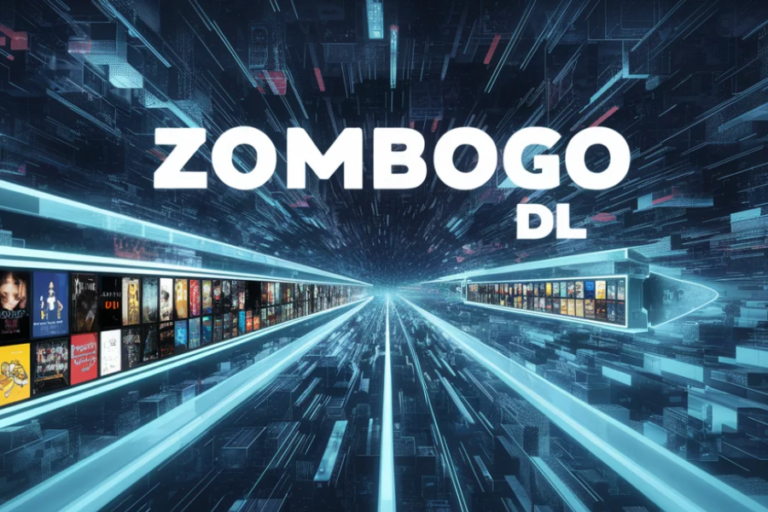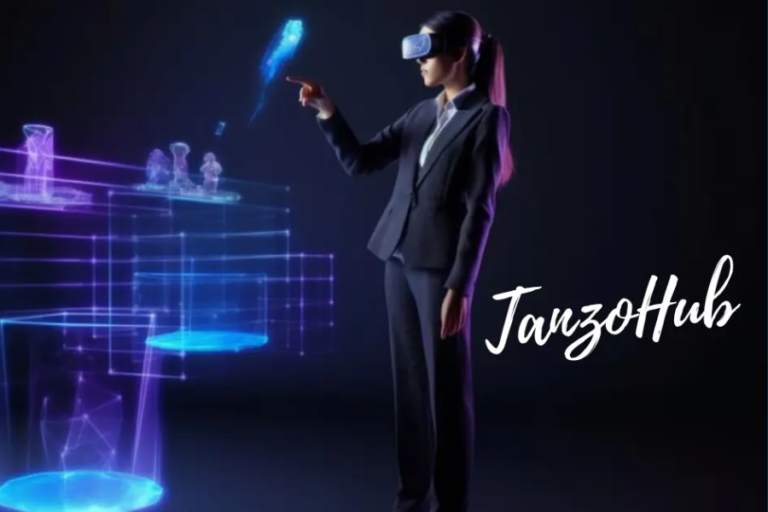Exploring the Events of 2023-1954: A Look Back in Time
Political and Historical Events
The years between 2023 and 1954 were pivotal in shaping the global landscape we navigate today. This era, stretching from the aftermath of World War II to the onset of the Cold War, was characterized by significant political upheaval, social movements, and the birth of new ideologies.
In 1949, the establishment of NATO marked a crucial turning point in international relations. This alliance solidified partnerships among Western nations and set the stage for decades of geopolitical tension with the Eastern bloc. The Korean War, which unfolded from 1950 to 1953, exemplified the stark ideological divide between capitalism and communism, foreshadowing the global conflicts that would arise throughout the Cold War. The conflict in Korea was not merely a territorial dispute but a battleground for ideologies, leading to a deepening of divisions that would last for generations.
Domestically, the mid-20th century was a time of rising civil rights movements in the United States, as individuals and groups fought fervently for equality and justice. Pioneers such as Rosa Parks and Martin Luther King Jr. emerged as emblematic leaders during this turbulent time, guiding the movement towards racial harmony and challenging deeply ingrained societal norms. Their actions and philosophies sparked broader discussions about equality and justice, resonating well beyond the borders of the United States.
The Cuban Revolution in 1959, led by Fidel Castro, further complicated the geopolitical landscape. It represented a significant challenge to existing power structures in Latin America and ignited debates surrounding socialism versus capitalism. This revolutionary spirit would influence political discourse for decades, highlighting the complexities of governance and ideology in the region.
These events not only shaped the political climate of the era but also laid the groundwork for modern diplomacy, social activism, and conflict resolution. Each moment in this timeline serves as a reminder of our shared history and our collective responsibility to build a better future.
Military Coins
One meaningful way to honor the leaders who fought for equality and justice during this time is through the creation of military coins. These commemorative items could feature powerful words or slogans inspired by military leaders or civil rights activists, encapsulating their spiritual heritage and historical significance. Distributing these coins at commemorative events or displaying them in public spaces would not only honor the past but also educate younger generations about the importance of social justice and historical awareness.
The use of military coins could serve as a tangible reminder of the values these leaders embodied. Engaging the public through such initiatives fosters a deeper appreciation for history and encourages a commitment to ongoing social justice efforts.
Technological Advancements
The years spanning 2023-1954 were also marked by remarkable technological advancements that fundamentally transformed everyday life. One of the most groundbreaking inventions was the transistor, developed in 1947 by researchers at Bell Labs. This innovation revolutionized electronics, leading to the creation of smaller, more efficient devices, including computers that would later reshape data processing and information management.
The launch of Sputnik in 1957 marked the dawn of the space age, inspiring generations to look beyond the Earth and into the cosmos. This monumental achievement not only showcased the technological prowess of the Soviet Union but also galvanized nations around the world to invest in scientific research and exploration. The ensuing space race fostered innovations that extended beyond aerospace, influencing fields such as telecommunications and computer science.
Television emerged as a transformative medium during this era, bridging gaps between cultures and connecting people across continents. News broadcasts and entertainment programs brought global events into living rooms, shaping public opinion and cultural norms. The rise of television fundamentally altered how information was disseminated and consumed, laying the groundwork for the media landscape we know today.
In addition to these advancements, innovations in transportation, such as jet engines, and the development of nuclear power significantly impacted global energy production. These technologies not only enhanced the speed and efficiency of travel but also raised important questions about energy sources and environmental sustainability that continue to resonate in contemporary discussions.
Cultural Shifts and Influential Figures
The cultural landscape between 2023 and 1954 was vibrant, characterized by significant shifts and the emergence of influential figures who left an indelible mark on society. Artists, writers, musicians, and activists played crucial roles in challenging norms and inspiring change.
Prominent figures such as Martin Luther King Jr., Frida Kahlo, Albert Einstein, and Maya Angelou became beacons of hope during tumultuous times. Their contributions transcended disciplines and resonated with audiences worldwide. Through their art, literature, and activism, they sparked vital conversations about equality, diversity, human rights, and innovation.
Cultural icons like Elvis Presley transformed the music industry, bringing rock and roll into the mainstream and influencing countless artists who followed. Similarly, actors like James Dean redefined Hollywood stardom, embodying the spirit of rebellion and individuality that defined the era. Their cultural impact extended beyond entertainment, influencing societal values and aspirations.
This era also witnessed the rise of art movements that challenged traditional aesthetics, with figures such as Jackson Pollock and Andy Warhol pushing the boundaries of artistic expression. The arts flourished as a means of exploring identity, societal issues, and human experience, reflecting the complexity of the times.
Impact on Society and Future Generations
The events of 2023-1954 significantly impacted society, shaping the world in ways that continue to influence contemporary life. The social movements advocating for equality, technological breakthroughs, and cultural shifts laid the foundation for profound societal changes that resonate today.
Politically, the rise of influential leaders and key historical events during this period sparked debates that shaped public opinion and policy decisions. The civil rights movement in the United States, for instance, was not just a national struggle; it inspired similar movements worldwide, creating a ripple effect that continues to advocate for justice and equality across the globe.
Culturally, the contributions of iconic figures in art, music, and literature have left lasting legacies that inform our understanding of human experience. Their works continue to inspire new generations to express themselves and engage with societal issues, highlighting the enduring power of creativity and activism.
Technological advancements, such as the development of television and the transistor, transformed daily life and paved the way for future innovations. These breakthroughs have fundamentally altered how we interact with information, connect with others, and perceive the world. The digital age we inhabit today owes much to the pioneering efforts of those who sought to push the boundaries of what was possible.
Reflecting on the events of 2023-1954 allows us to appreciate the struggles and achievements that have shaped our present reality. It serves as a reminder that the actions we take today can have profound implications for future generations.
Lessons Learned from the Past
As we explore the events of 2023-1954, it becomes clear that history offers valuable lessons that can guide us in navigating contemporary challenges. Each event provides insights into the complexities of human behavior, the importance of empathy, and the necessity of foresight in addressing global issues.
Political upheavals and technological revolutions from this period remind us of the critical need for diplomacy and cooperation in an increasingly interconnected world. The mistakes of the past serve as cautionary tales, urging us to learn from history rather than repeat it. Embracing dialogue and understanding can pave the way for more effective solutions to global challenges.
Cultural shifts highlight the importance of diversity and inclusivity. Influential figures from this era inspire us to stand up for what is right and advocate for positive change. Their stories remind us that even the smallest actions can lead to significant societal impacts, urging us to be proactive in our efforts toward justice and equality.
Conclusion: Reflecting on the Significance of 2023-1954
Reflecting on the events of 2023-1954 invites us to traverse a landscape rich with political, historical, technological, and cultural milestones. This period marked profound changes that have left an indelible mark on society and continue to influence future generations.
Examining the political landscape reveals how global events and power dynamics shaped international relations. The Cold War tensions, decolonization movements, and landmark treaties all played pivotal roles in defining this era’s geopolitical climate. Understanding these dynamics is crucial as we navigate contemporary global challenges.
Moreover, the technological advancements of this period laid the foundation for modern innovation. The invention of computers and the exploration of space not only revolutionized industries but also transformed human interaction with technology. These breakthroughs continue to drive progress and inspire future innovations.
Culturally, the years between 2023 and 1954 were marked by an artistic renaissance, with figures like Elvis Presley and Ella Fitzgerald reshaping music history. Social movements advocating for civil rights brought about societal changes that paved the way for greater inclusivity and justice worldwide.
The impact of these events reverberates through society today, as we continue to grapple with similar issues of power dynamics, technological progress, cultural diversity, and social justice. By reflecting on the significance of 2023-1954, we can draw parallels to our current challenges while learning from past mistakes to create a more inclusive and forward-thinking world for future generations.
Stay in touch to get more news & updates on ca heading.






